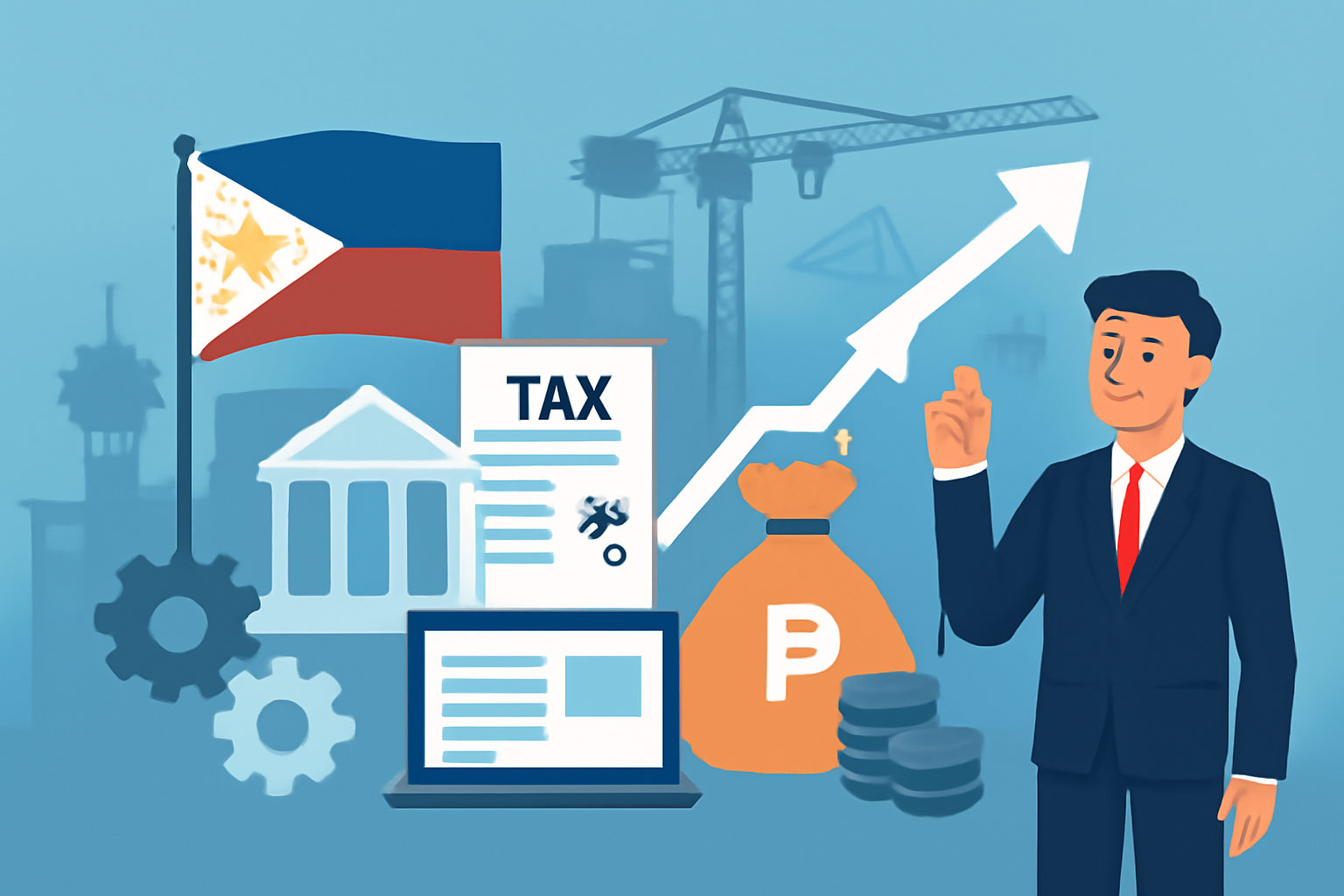The largest corporations in the Philippines are pivotal to the nation’s economic success. These companies, many of which are diversified conglomerates, have played an instrumental role in shaping the country’s economic landscape. This article provides an in-depth analysis of the leading companies in the Philippines, highlighting their current achievements and future strategies.
1. Ayala Corporation: A Leader in Sustainability and Innovation
Ayala Corporation has been a leader in the Philippine business sector for nearly two centuries. Operating in industries ranging from real estate to telecommunications, Ayala’s diverse portfolio has made it one of the most influential companies in the country. Through its subsidiaries such as Ayala Land and Globe Telecom, Ayala has been a major force in shaping urban development and digital transformation in the Philippines.
Recently, Ayala has focused on integrating sustainability into its business model. Ayala Land’s eco-friendly developments have set the standard for green buildings and communities in the country. Meanwhile, Globe Telecom has expanded its services, rolling out 5G networks and digital solutions to meet the growing demand for high-speed internet.
2. SM Investments Corporation: Driving Retail and Real Estate Growth
SM Investments Corporation, led by the late Henry Sy Sr., is a major player in the retail, real estate, and banking sectors. Known for its SM Supermalls, the company has transformed the retail landscape in the Philippines, with malls that are hubs of shopping and entertainment. SM Prime Holdings, its real estate arm, has developed some of the country’s largest and most iconic shopping malls and mixed-use developments.
SM has also embraced digital transformation, with a growing e-commerce presence and a focus on integrating digital payment systems. The company’s venture into banking through BDO Unibank has allowed it to expand its reach and contribute to the country’s financial inclusion efforts.
3. San Miguel Corporation: Expanding and Innovating Across Industries
San Miguel Corporation is one of the largest and most diversified conglomerates in the Philippines. Originally known for its beer, San Miguel has successfully expanded its operations into various sectors, including food and beverages, energy, and infrastructure. San Miguel’s aggressive expansion strategy has allowed it to diversify its business portfolio and position itself as a leading player in the country’s economic development.
The company’s investment in renewable energy has been a significant part of its strategy, with projects aimed at reducing its carbon footprint and contributing to the country’s energy security. Additionally, San Miguel has made significant investments in infrastructure projects, including toll roads, airports, and seaports, which have helped improve the country’s transportation network.
4. JG Summit Holdings: Expanding Beyond Borders
JG Summit Holdings has emerged as one of the largest and most influential conglomerates in the Philippines. With businesses in food manufacturing, telecommunications, and petrochemicals, the company has established a strong presence in key sectors of the economy. Its food division, Universal Robina Corporation, is a major player in the Philippine market and has expanded internationally.
JG Summit’s investments in Globe Telecom and other businesses have helped the company become a key player in the Philippines’ digital economy. The company is also focused on expanding its footprint in emerging markets, particularly in Southeast Asia.
5. PLDT Inc.: Leading the Digital Revolution in the Philippines
PLDT Inc. is the Philippines’ largest telecommunications company, providing essential services such as mobile, broadband, and fixed-line internet. With the rapid rise of digital technologies, PLDT has positioned itself as a leader in the country’s digital transformation by investing heavily in 5G networks and fiber-optic infrastructure.
Additionally, PLDT has ventured into the fintech sector, developing platforms for mobile payments and other digital financial services. As the demand for internet connectivity and digital services continues to grow, PLDT’s investments in infrastructure and innovation will be critical in ensuring its continued dominance in the Philippine telecommunications industry.
Conclusion
The largest companies in the Philippines have been instrumental in shaping the country’s economy and will continue to play a significant role in its future growth. With their diversified portfolios, commitment to sustainability, and focus on technological innovation, these companies are well-equipped to navigate the challenges of the future. As the Philippines continues to develop into a more digital and sustainable economy, these corporate giants will remain key players in driving economic progress.





